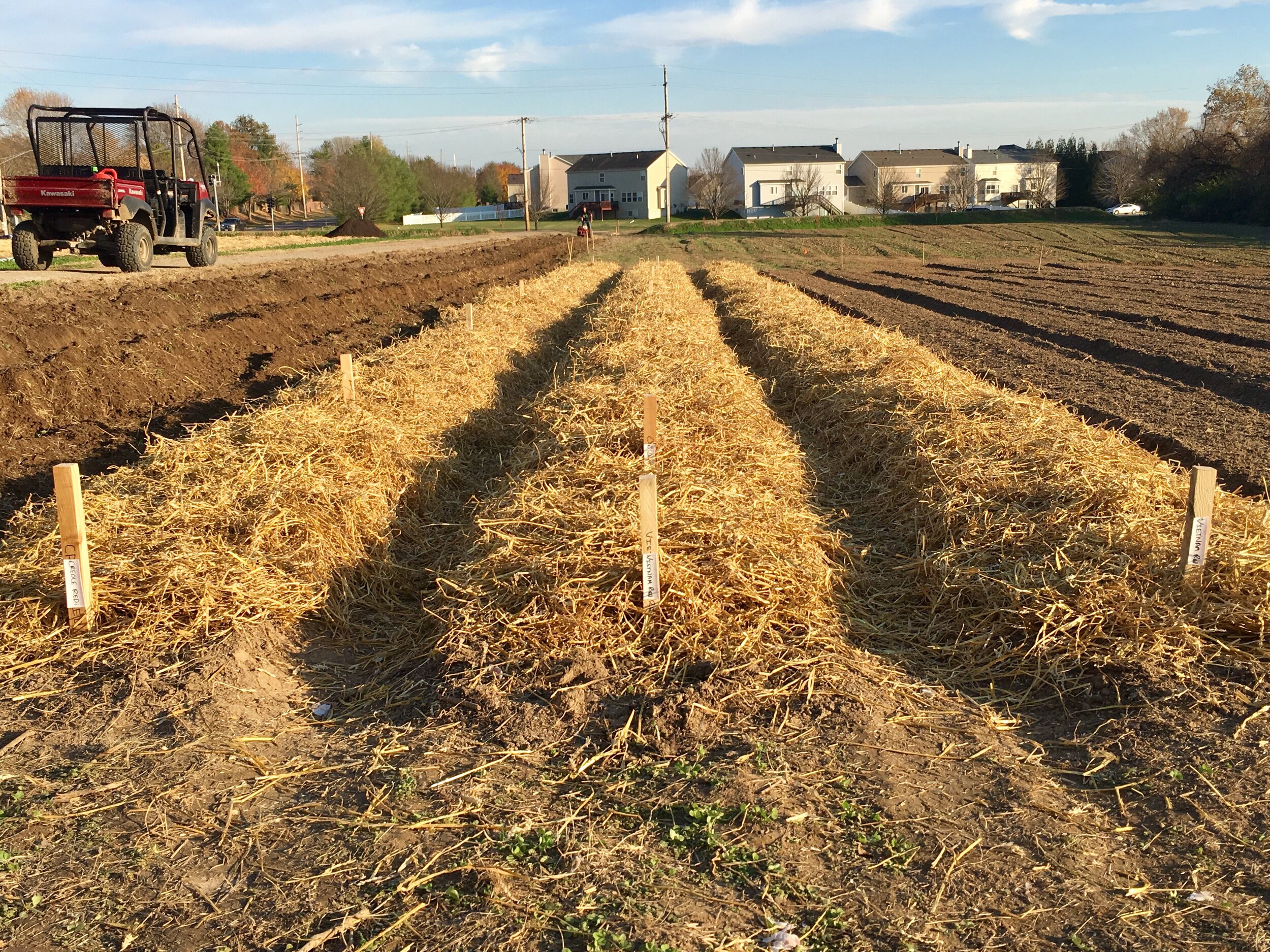
“To forget how to dig the earth and to tend the soil is to forget ourselves.”
—Mahatma Gandhi
What is organic farming?
The USDA defines organic agriculture as “a production system that is managed to respond to site-specific conditions by integrating cultural, biological, and mechanical practices that foster cycling of resources, promote ecological balance, and conserve biodiversity.”
More specifically, organic farming entails:
Use of cover crops, green manures, animal manures and crop rotations to fertilize the soil, maximize biological activity and maintain long-term soil health.
Use of biological control, crop rotations and other techniques to manage weeds, insects and diseases.
An emphasis on biodiversity of the agricultural system and the surrounding environment.
Using rotational grazing and mixed forage pastures for livestock operations and alternative health care for animal wellbeing.
Reduction of external and off-farm inputs and elimination of synthetic pesticides and fertilizers and other materials, such as hormones and antibiotics.
A focus on renewable resources, soil and water conservation, and management practices that restore, maintain and enhance ecological balance.
